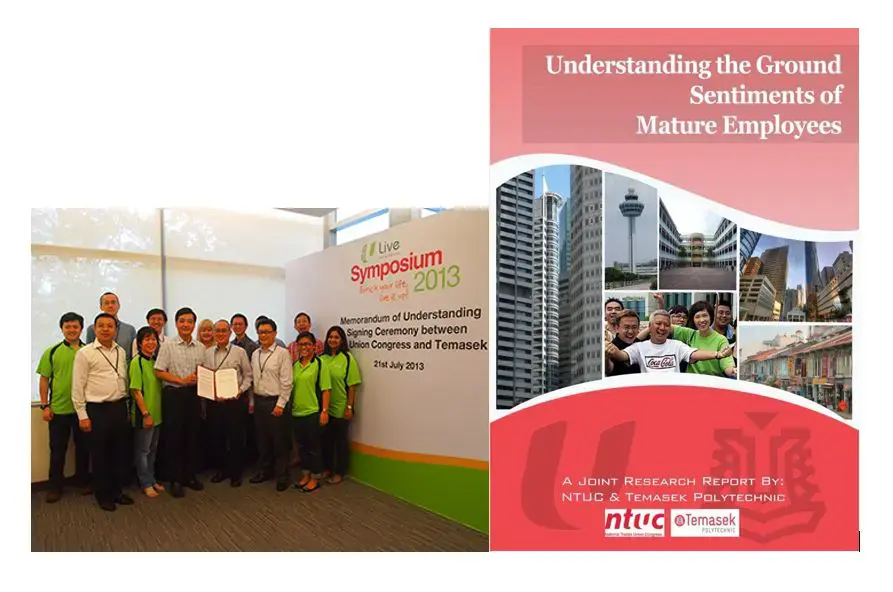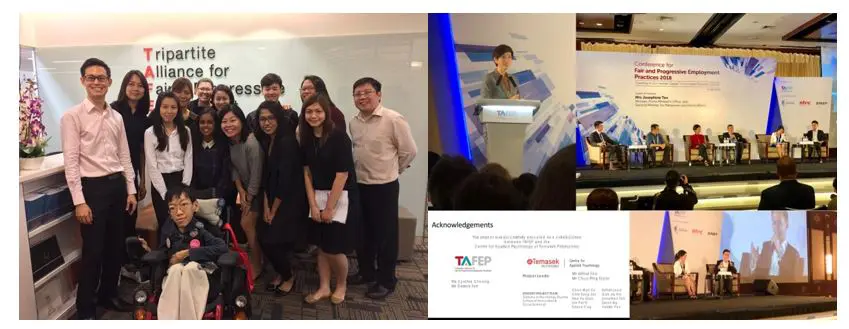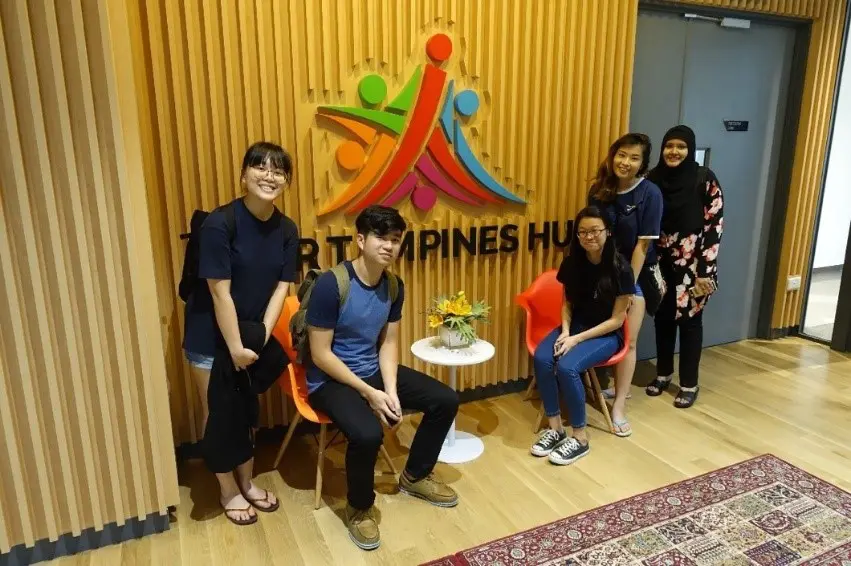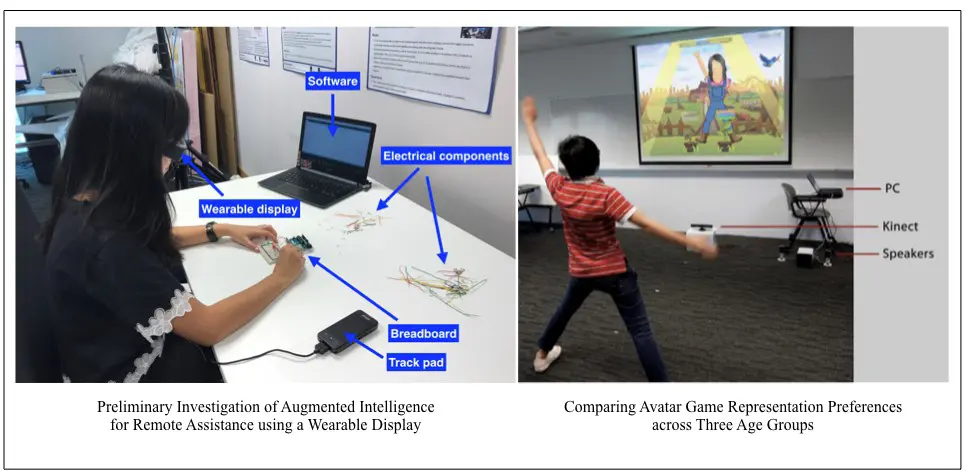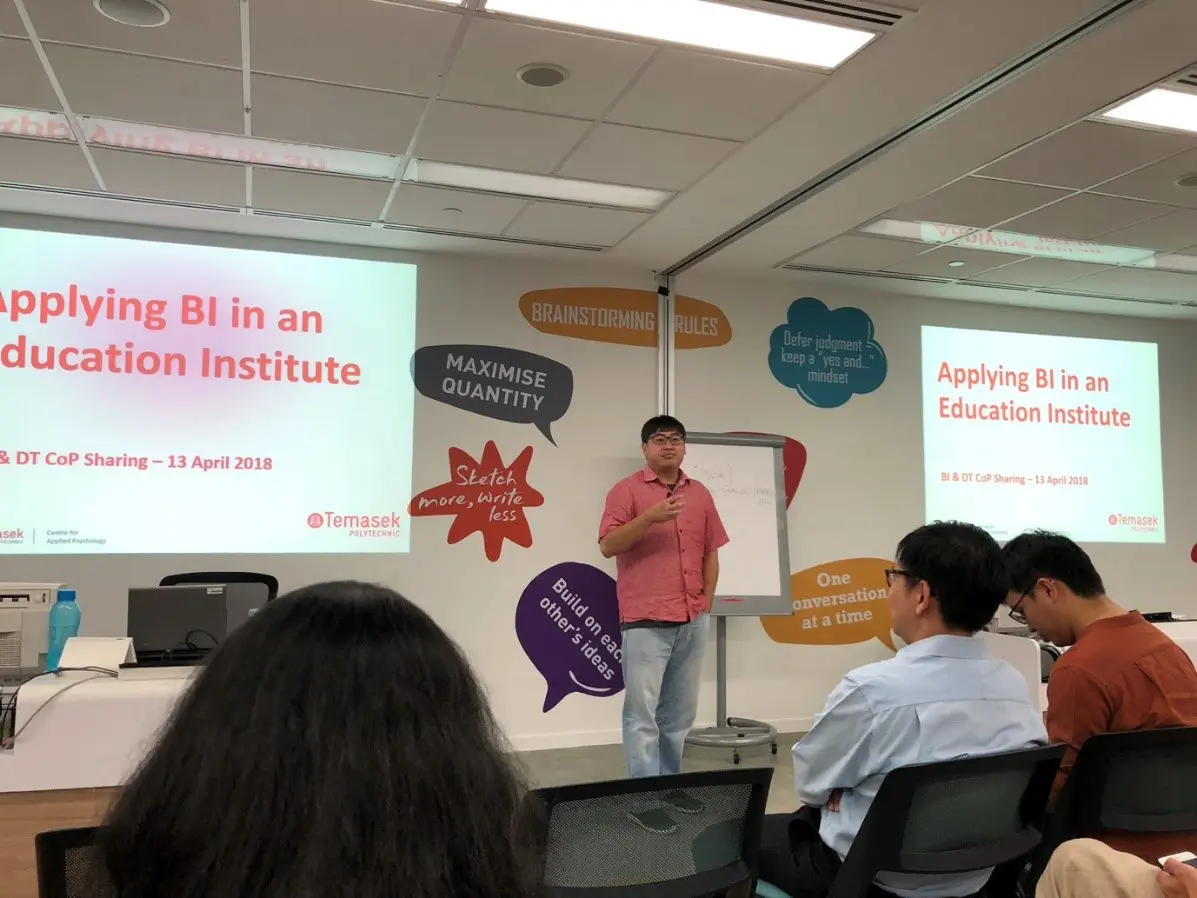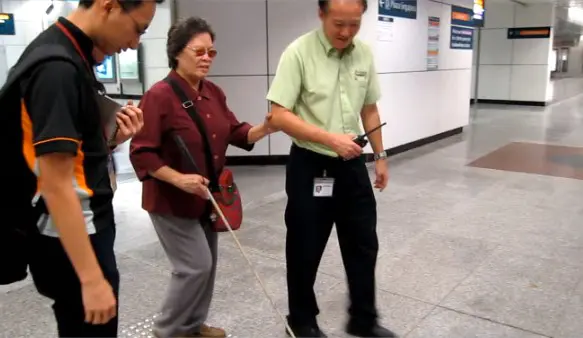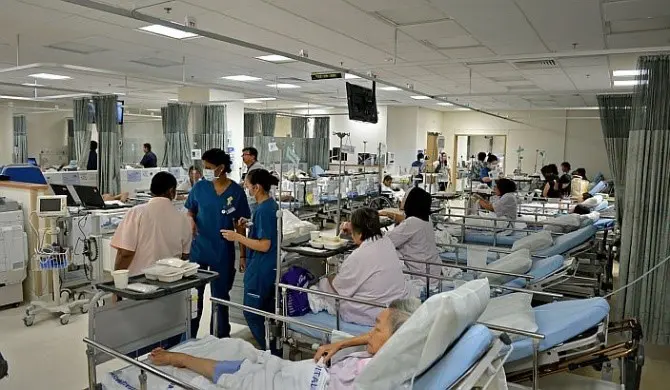Toolkit on the Employability of Older PMEs The Programme and Partnership Development department from Tripartite Alliance for Fair & Progressive Employment Practices (TAFEP) collaborated with CABS to develop an online survey to measure and establish employers’ perceptions, mindsets and stereotypes that influence the hiring decisions of older Professionals, Managers & Executives (PMEs).
Age-Inclusive Norms CABS engaged in a project with the Programme and Partnership Development department in TAFEP to analyse existing interview transcripts from earlier research project on age-inclusive norms. Methodologically rigorous qualitative analysis of these transcripts were conducted to identify key themes of age-inclusive norms, which was then used to validate against the framework that TAFEP had initially proposed. Based on the validation exercise, the age-inclusive norms framework was revised and published as an infographic supporting the TAFEP-Straits Times Roundtable Discussion feature on 28 Oct 2016.
Fair@Work Study Through an initial link-up via Temasek Polytechnic’s Career & Education Services Centre (CESC), students from the Diploma in Psychology Studies worked on a research project with the Communications and Events Management department in TAFEP. This project comes under the Fair@Work Promise campaign by TAFEP to promote fair and inclusive attitudes in the workplace. In this study, responses were obtained from TP in their final year of studies to understand the level of knowledge school leavers had with regards to fair employment practices, the expectations of school leavers on their first job, and whether the amount of diversity exposure influenced school leavers’ attitudes towards diversity in the workplace. The findings from this study was presented at the Conference for Fair and Progressive Employment Practices 2018, where Mrs Josephine Teo (Minister, Prime Minister Office, Second Minister for Manpower and Home Affairs) was the guest of honour.
.webp)
